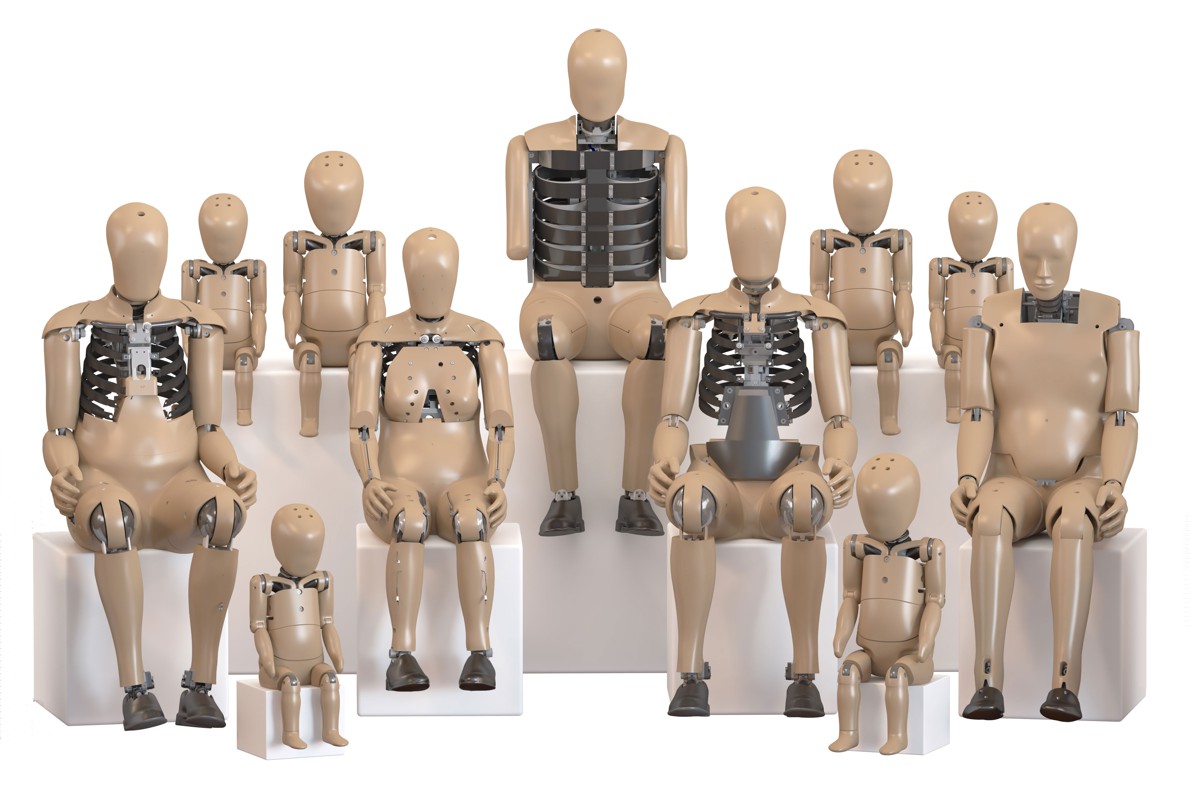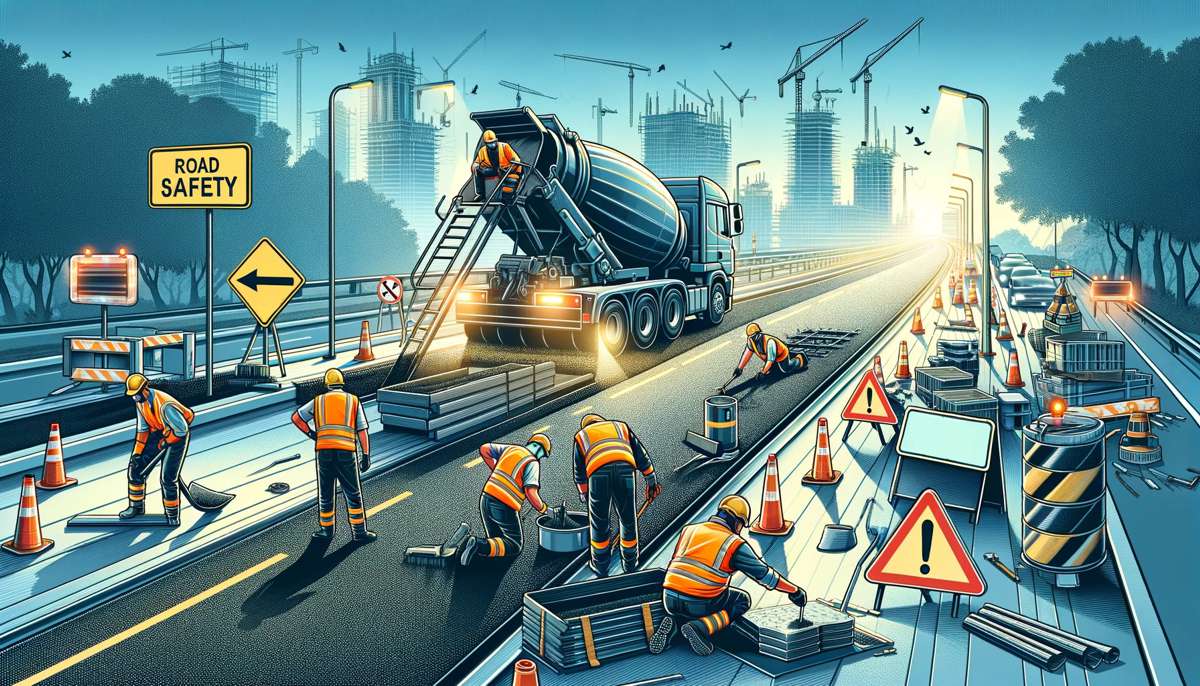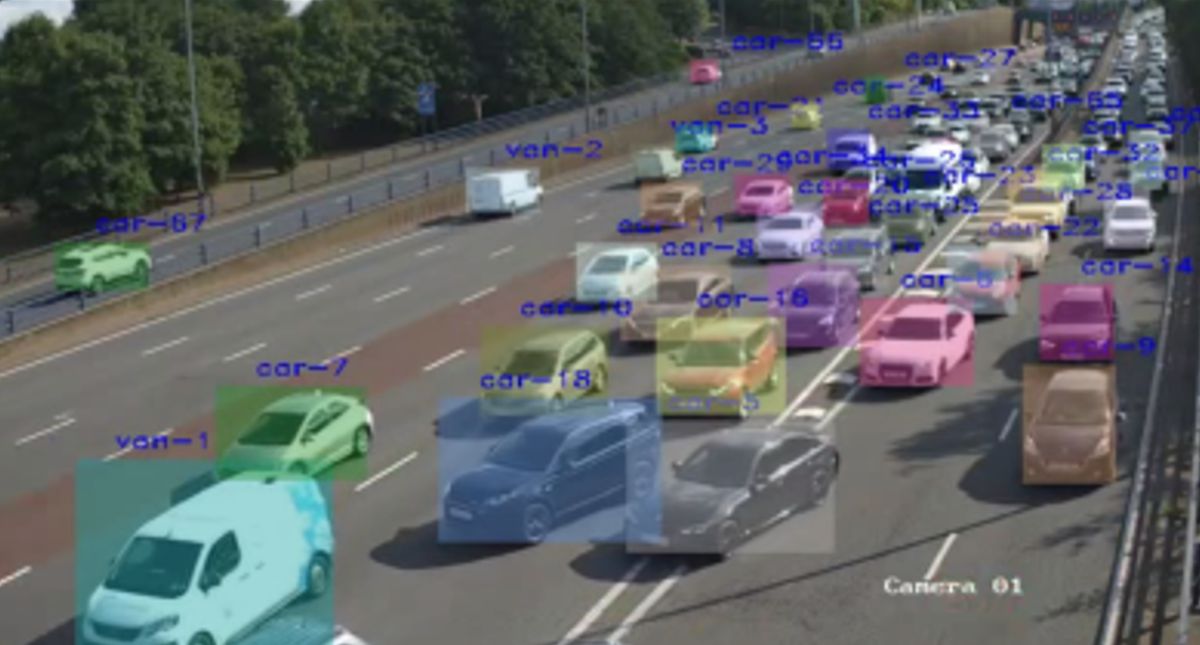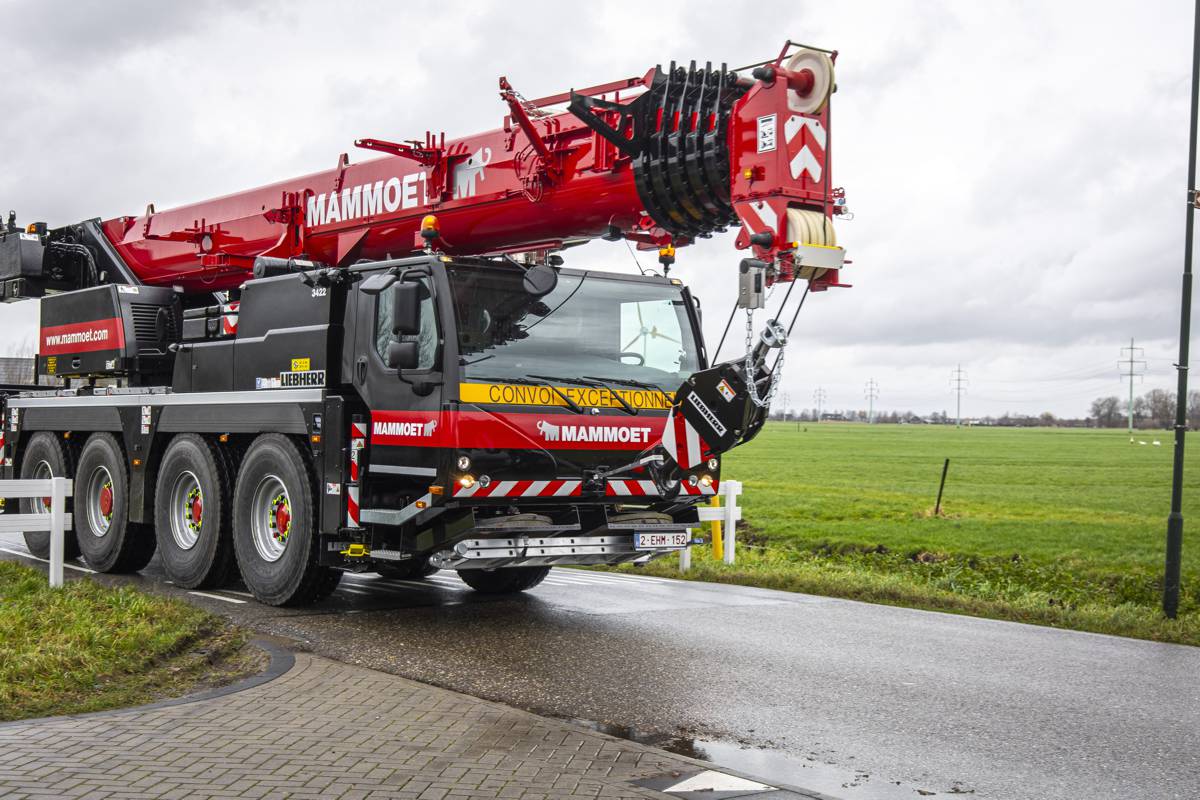UK HSE urges employers to avoid off-the-shelf manual handling training
Off-the-shelf manual handling training should become a thing of the past, according to new advice released by the Health and Safety Executive (HSE).
New musculoskeletal disorder (MSD) advice has been issued by HSE to help employers to decide what type of help they need to tackle the MSD risks in their workplace. The web-based advice illustrates different approaches with examples and identifies who may be able to help address their needs.
The web based advice has been developed with the input and involvement of businesses, trade unions, trade bodies, training providers, professional bodies and safety professionals and consultants.
Launching the web-based advice at its inaugural MSD Summit on Wednesday, HSE’s Health and Work Portfolio Manager Geoff Cox said: “Our research shows that simplistic training involving bending your knees to lift a cardboard box is just a waste of time and money, it just doesn’t make any difference.
“The overall aim is to avoid and reduce manual handling, and that’s where employers should start if their workforce faces manual handling risks. Don’t start with training, start with re-organising and redesigning your working practices.
“If you do need staff training, and there are many residual risks where this is the case, then this needs to be customised and professionally delivered. Any such training should be based on observations of current working practices, and should be informed by the views and experience of the workforce.”
Organisations involved in developing the web guide included EEF, Unite the Union, ROSPA, IOSH and BSIF among many others. Terry Woolmer, Head of Health and Safety Policy at EEF said: “The new web-based advice won’t tell you how to resolve your MSD issues but it will help you decide what types of approaches suit your business and where to get the help you need.”
National Health and Safety Advisor for Unite the Union, Susan Murray said “The key point from the web-based advice is the importance of involving workers in all aspects dealing with manual handling solutions – the people who do the work often come up with the best answers.”
Health and Safety Consultant at RoSPA, Roy McKee said: “The web-based advice recognises training has a place in the hierarchy of controls for manual handling and also its limitations. It allows the risk profile of the company to dictate the level of competence and extent of help necessary rather than a person’s accreditation or qualifications. Where previously, SME’s might not know where to go for assistance in ergonomic interventions or workplace designs, hopefully the web guide will change this.”
Commercial Director at Pristine Condition, Phil Bladon said: “The web-based advice should make employers think about what sort of help they need. Where a training need is identified, it’s now broadly accepted that conventional approaches aren’t particularly effective. Instead, the training must be practically-orientated, relevant and engaging for the individual, making it more likely that it’s adopted at the “coal face”, and critically, be part of a far more comprehensive system for changing manual handling behaviour in the long-term..”
Chief Executive Officer of the BSIF, Alan Murray: “It’s simple and straightforward – the web-based advice should set businesses in the right direction.”
The full web-based advice can be viewed here.















